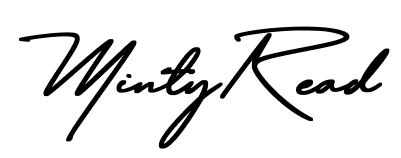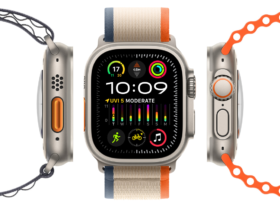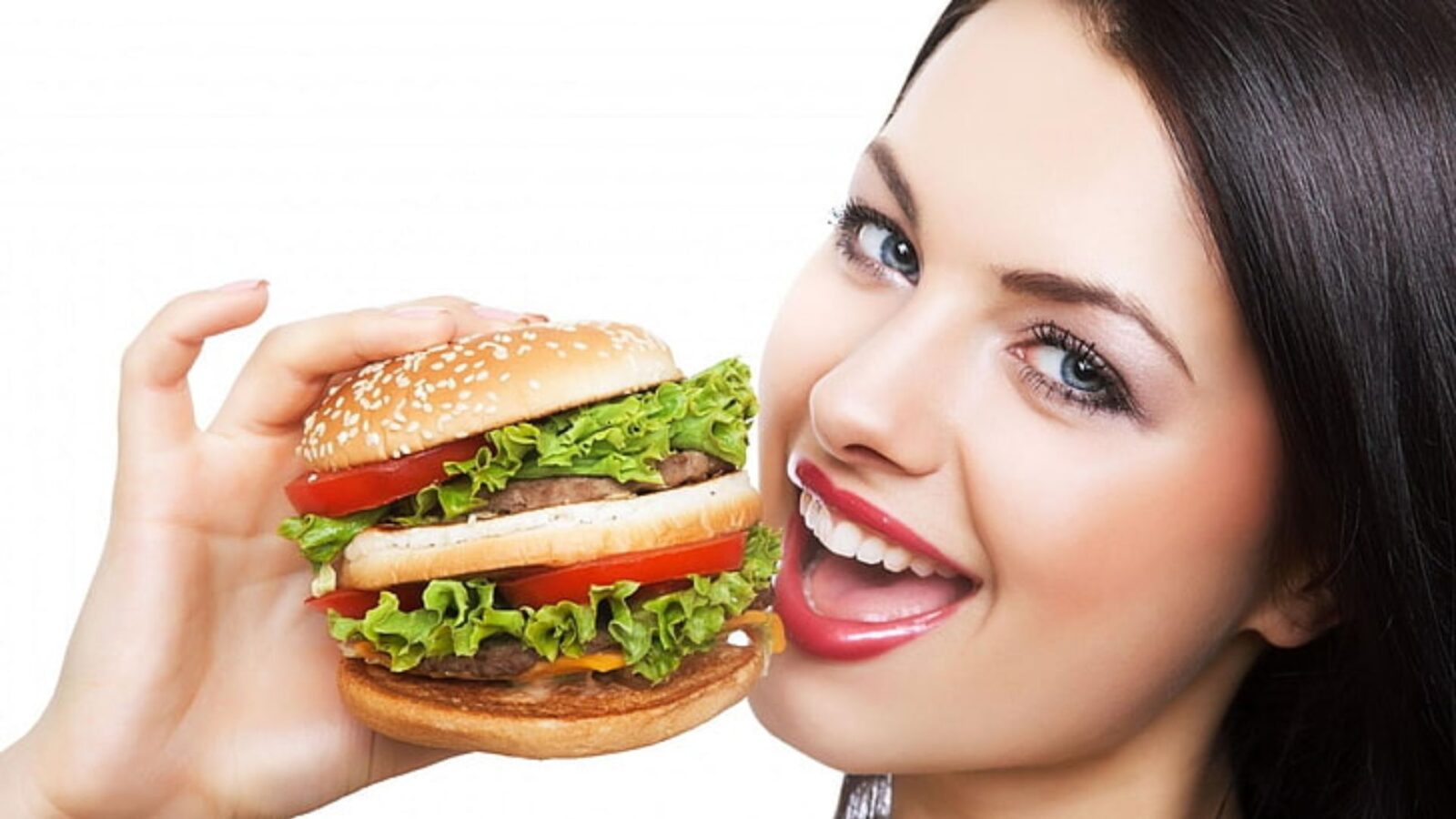Gaining weight in a healthy way involves more than just increasing your calorie intake. It’s about choosing nutrient-dense foods that support overall wellness while helping you achieve your weight goals. Whether you’re looking to build muscle, recover from illness, or simply add some healthy pounds, incorporating the right foods into your diet can make all the difference. Here’s a guide to the best foods to eat for effective and healthy weight gain.
1. Lean Proteins
Proteins are essential for muscle growth and repair, making them crucial for healthy weight gain. Focus on incorporating lean protein sources into your meals to build and maintain muscle mass.
- Chicken Breast: A versatile and lean protein source, chicken breast is low in fat and high in protein, making it ideal for muscle-building.
- Turkey: Like chicken, turkey is another lean protein that’s also rich in vitamins and minerals.
- Fish: Fatty fish such as salmon and mackerel are excellent for healthy weight gain as they provide protein and omega-3 fatty acids, which support heart health and muscle growth.
- Eggs: Packed with protein, vitamins, and minerals, eggs are perfect for a balanced diet. They also contain healthy fats that can help with weight gain.
2. Whole Grains
Whole grains provide complex carbohydrates that are essential for sustained energy and healthy weight gain. They also offer fiber, which aids digestion and overall health.
- Quinoa: A complete protein that includes all nine essential amino acids, quinoa is an excellent choice for adding calories and nutrients.
- Brown Rice: Rich in carbohydrates and fiber, brown rice helps provide the necessary energy for physical activity and muscle repair.
- Oats: Oats are not only a great source of carbohydrates but also offer protein and healthy fats. They make for a hearty and nutritious breakfast or snack.

3. Healthy Fats
Fats are calorie-dense and crucial for hormone production and cell function. Incorporating healthy fats into your diet can help you gain weight while promoting overall health.
- Avocados: High in monounsaturated fats and calories, avocados are perfect for adding healthy fats to your meals.
- Nuts and Seeds: Almonds, walnuts, chia seeds, and flaxseeds are rich in healthy fats, protein, and essential nutrients. They make for great snacks or additions to meals.
- Olive Oil: Extra virgin olive oil is a source of monounsaturated fats and can be used in cooking or as a salad dressing to increase calorie intake.
4. Dairy Products
Dairy products are rich in protein, calcium, and other nutrients that support muscle growth and bone health. They can be particularly useful for weight gain when included in a balanced diet.
- Greek Yogurt: Packed with protein and probiotics, Greek yogurt is a great choice for weight gain. It can be enjoyed on its own or added to smoothies and dishes.
- Milk: Whole milk is higher in calories and fat compared to skim milk, making it a good option for those looking to gain weight.
- Cheese: High in protein and fats, cheese can be added to various dishes or eaten as a snack to increase calorie intake.
5. Legumes and Pulses
Legumes are excellent sources of plant-based protein and carbohydrates, making them ideal for weight gain.
- Lentils: Rich in protein and fiber, lentils are versatile and can be used in soups, stews, and salads.
- Chickpeas: Also known as garbanzo beans, chickpeas are high in protein and can be added to various dishes or used to make hummus.
- Black Beans: Black beans are a great source of protein, fiber, and carbohydrates, making them a filling and nutritious addition to your diet.
6. Fruits and Vegetables
While fruits and vegetables are typically associated with weight loss, certain types can also aid in healthy weight gain due to their high calorie and nutrient content.
- Bananas: High in carbohydrates and natural sugars, bananas are great for quick energy and calorie addition.
- Sweet Potatoes: Rich in complex carbohydrates, sweet potatoes provide sustained energy and are a healthy option for weight gain.
- Dried Fruits: Dried fruits such as dates, raisins, and apricots are calorie-dense and can be a convenient snack or addition to meals.

7. Nut Butters
Nut butters are calorie-dense and packed with healthy fats and protein, making them a great addition to your diet.
- Peanut Butter: High in protein and fats, peanut butter can be spread on toast, added to smoothies, or used in cooking.
- Almond Butter: Rich in healthy fats and protein, almond butter is a nutritious alternative to peanut butter and can be used similarly.
8. Protein Supplements
For those who struggle to meet their protein needs through food alone, protein supplements can be a helpful addition to the diet.
- Whey Protein: Whey protein is a high-quality protein source that helps with muscle repair and growth. It can be added to smoothies, shakes, or used in baking.
- Casein Protein: Casein is a slower-digesting protein that can provide a steady release of amino acids, making it beneficial for muscle repair overnight.
9. Healthy Beverages
Incorporating high-calorie beverages into your diet can help increase your calorie intake without feeling overly full.
- Smoothies: Homemade smoothies made with fruits, vegetables, yogurt, and protein powder can be nutrient-dense and calorie-rich.
- Milkshakes: Made with whole milk, ice cream, and add-ins like nut butters or fruits, milkshakes can be a delicious way to boost calorie intake.
Tips for Healthy Weight Gain
- Eat More Frequently: Aim for five to six smaller meals throughout the day rather than three large ones to increase calorie intake without overwhelming your digestive system.
- Incorporate Strength Training: Combining a healthy diet with strength training can help build muscle mass and ensure that weight gained is in the form of muscle rather than fat.
- Stay Hydrated: Drinking enough water is essential for overall health and can aid in digestion and nutrient absorption.
Conclusion
Gaining weight in a healthy and sustainable manner requires a thoughtful approach to your diet. By focusing on nutrient-dense foods, including a balance of proteins, healthy fats, whole grains, and dairy, you can achieve your weight gain goals while supporting overall health. Remember, it’s not just about eating more, but eating smart. Consult with a healthcare provider or nutritionist to tailor a plan that meets your individual needs and ensures a balanced approach to weight gain.






















Leave a Reply